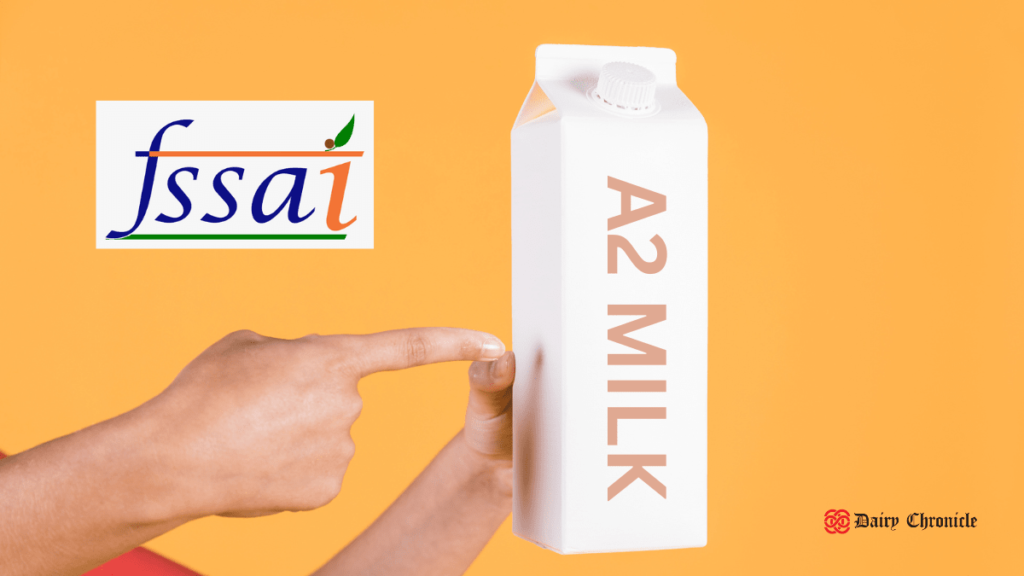The FSSAI has mandated the removal of A1 and A2 milk claims from packaging, citing that these claims are misleading and not recognized by current regulations. This directive affects all food businesses and e-commerce platforms, requiring compliance within six months.
The Food Safety and Standards Authority of India (FSSAI) has directed food businesses, including e-commerce platforms, to remove any claims related to ‘A1’ and ‘A2’ milk from product packaging. This move follows concerns that such labelling could mislead consumers.
Background of the Directive
The FSSAI’s decision is based on the argument that claims of A1 and A2 milk are not supported by the current Food Safety and Standards Act, 2006. The A1 and A2 differentiation pertains to the types of beta-casein protein found in milk, which varies by cow breed. However, these distinctions are not recognized by existing regulations.
Implementation and Compliance
Food business operators (FBOs) have been instructed to immediately remove A1 and A2 claims from their products and online listings. Companies have been granted a six-month period to deplete existing pre-printed labels before the directive is enforced without extensions.
The FSSAI has stressed the importance of adhering to this directive to ensure accurate labeling and avoid misleading consumers.
Also Read-FSSAI Reverses Decision on A1 and A2 Milk Labeling Ban
Industry Reaction
The FSSAI’s move has been supported by industry figures who view it as a step toward eliminating misleading marketing practices. The Chairman of Parag Milk Foods praised the order, arguing that the A1 and A2 classification was a marketing ploy rather than a scientifically validated category.
Broader Implications
The FSSAI’s directive aligns with global trends where the A1 and A2 milk differentiation is increasingly seen as a marketing tactic rather than a substantive product distinction. This action aims to enhance transparency and protect consumer interests by ensuring that product labels reflect accurate and relevant information.



